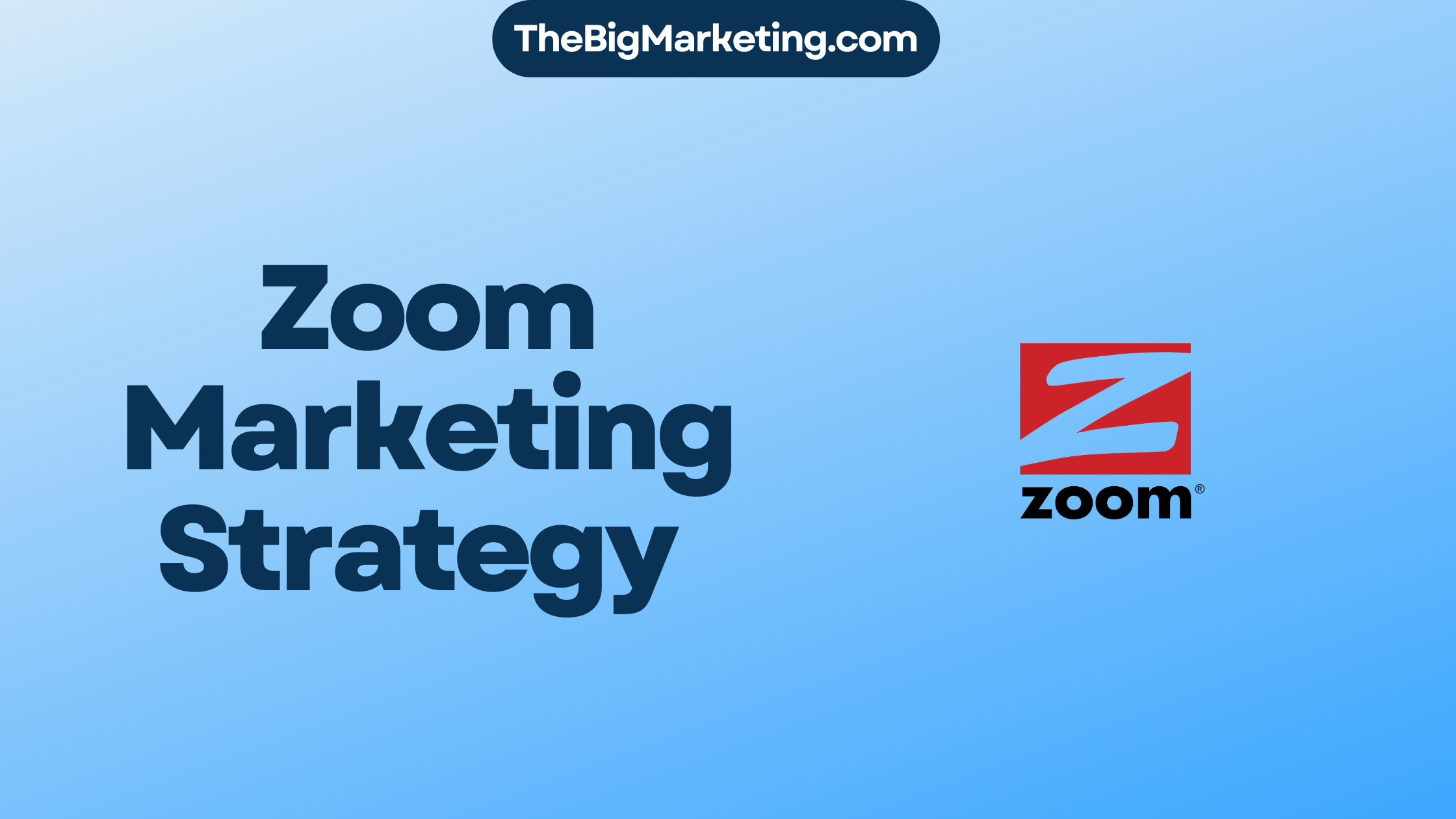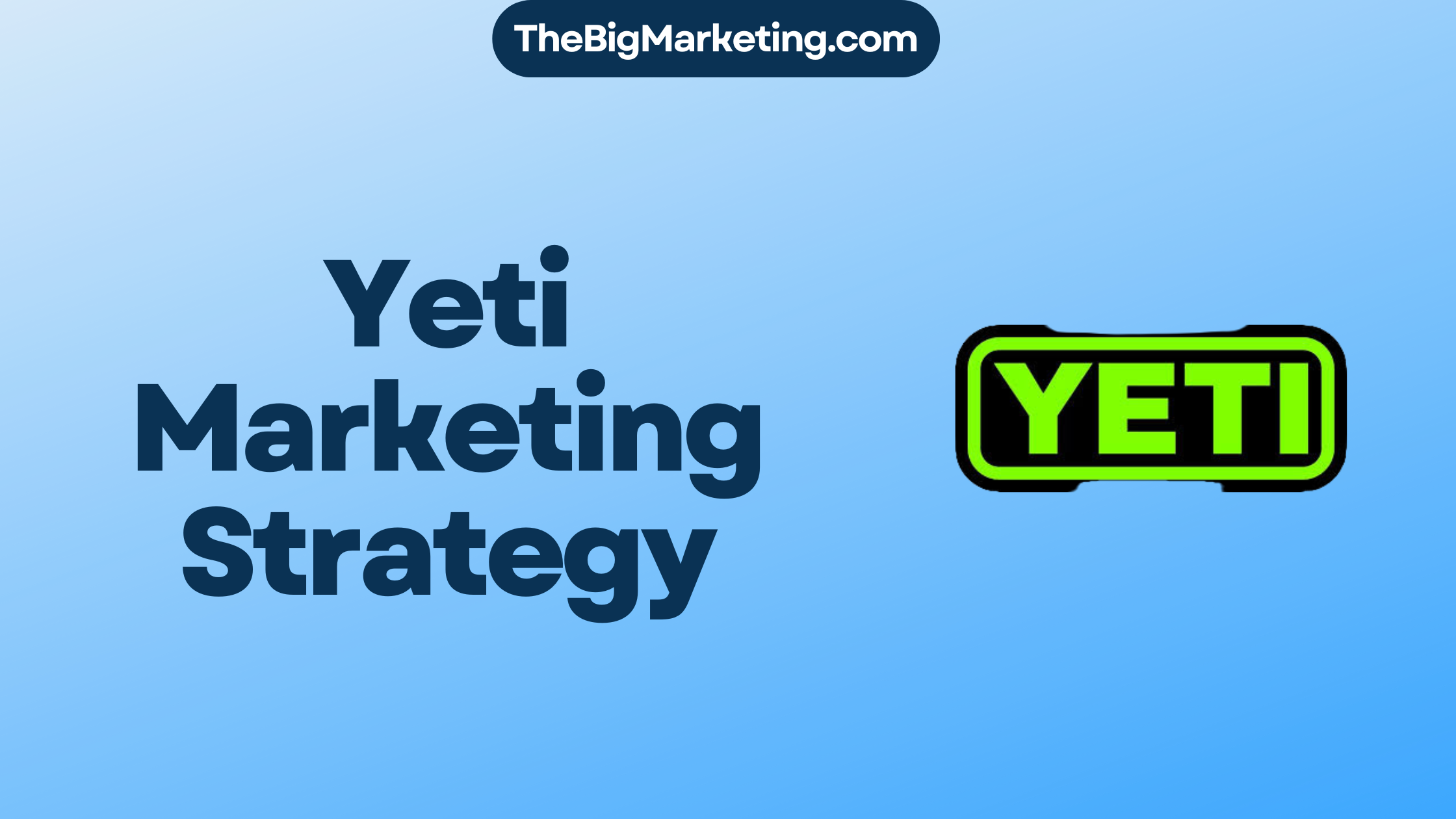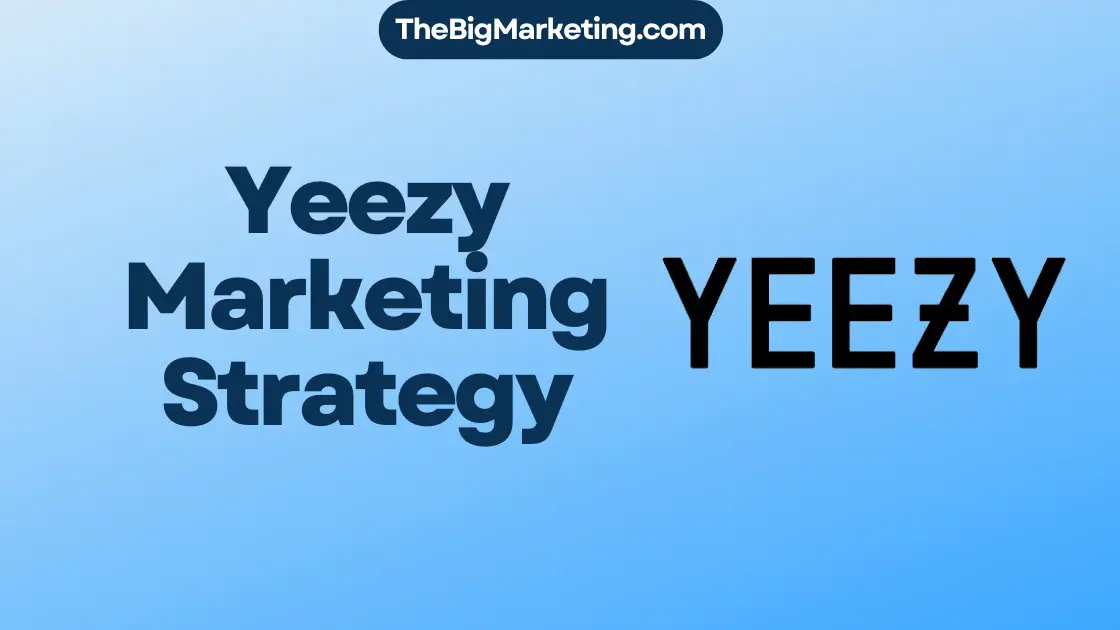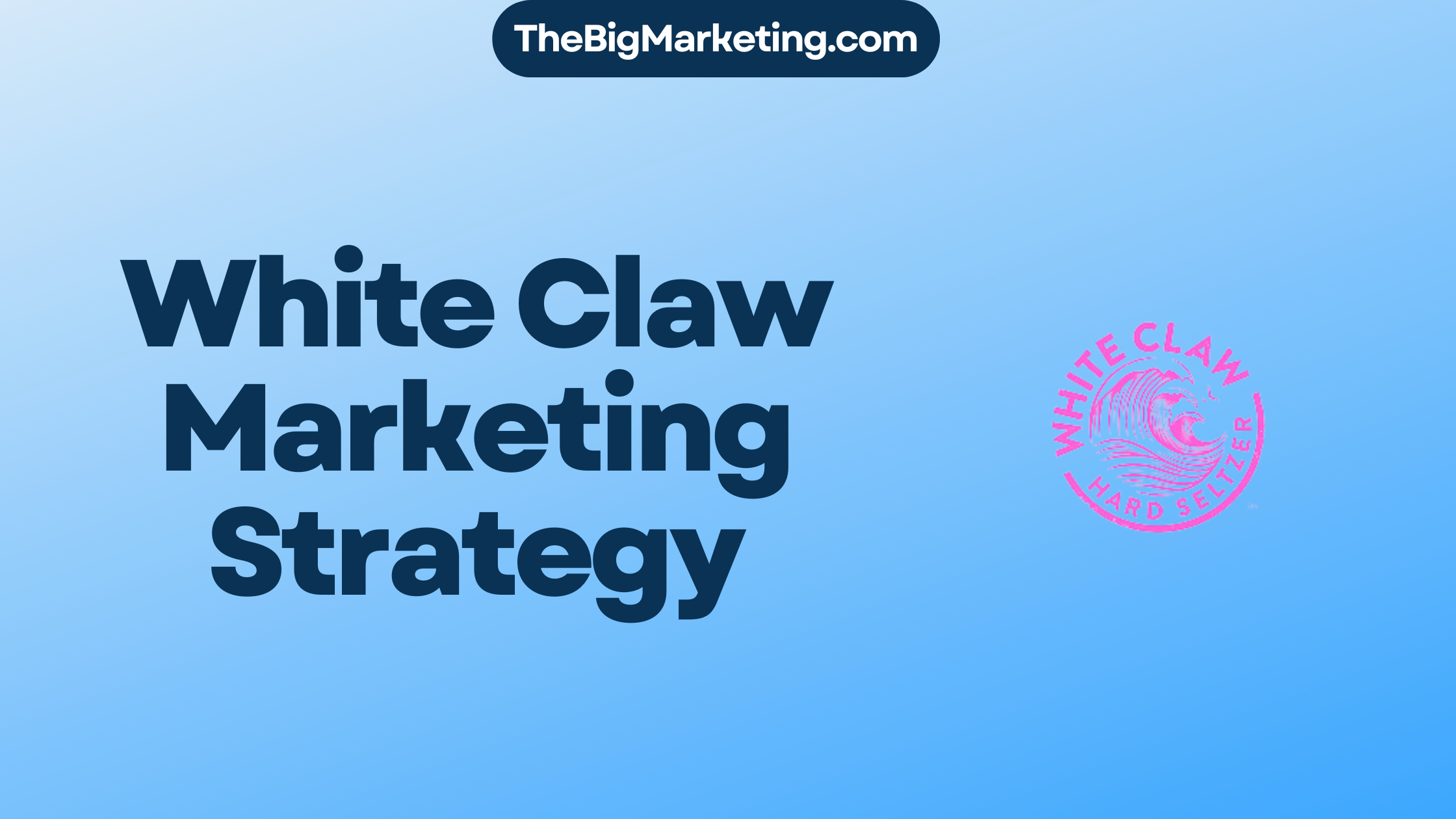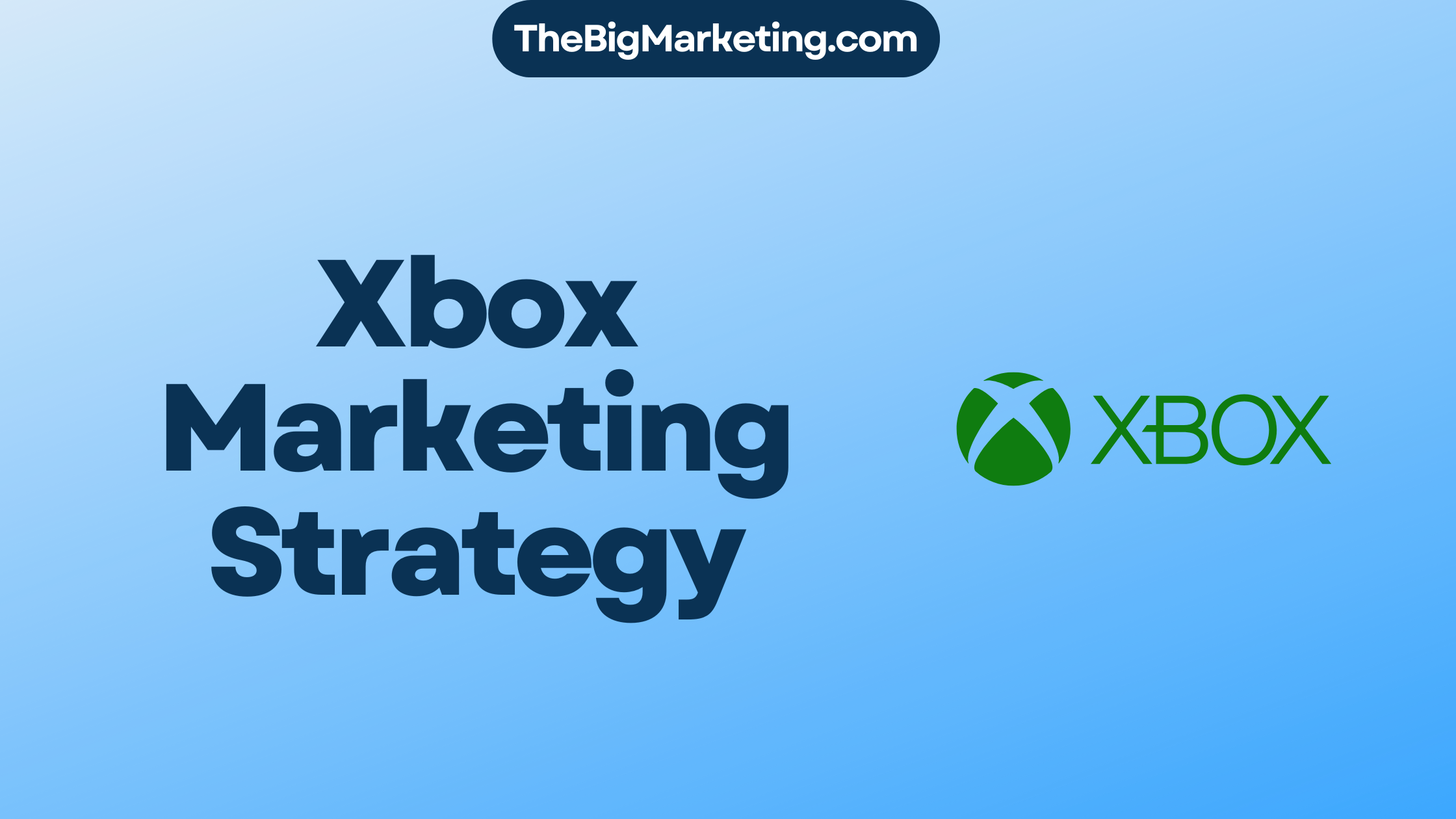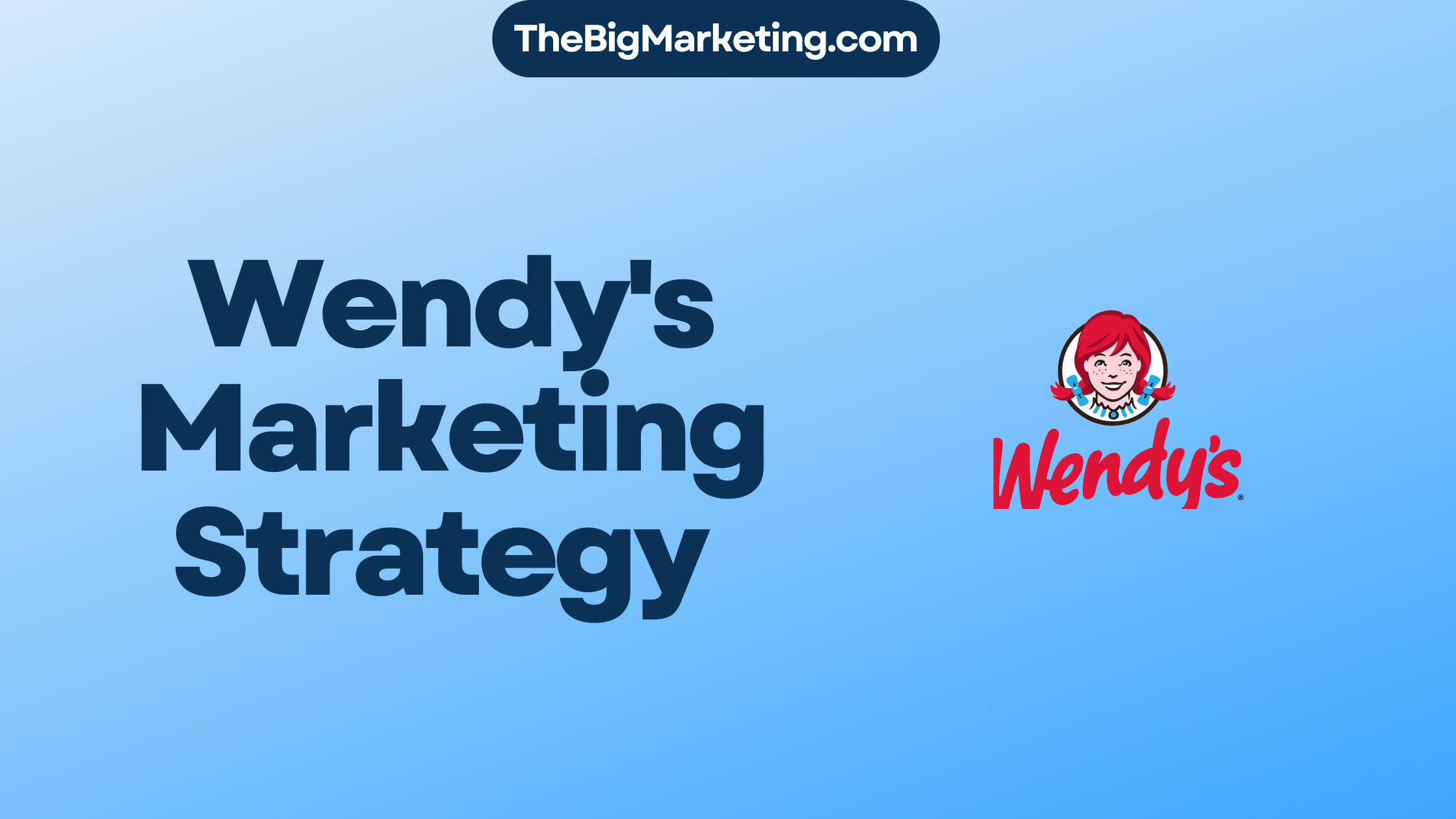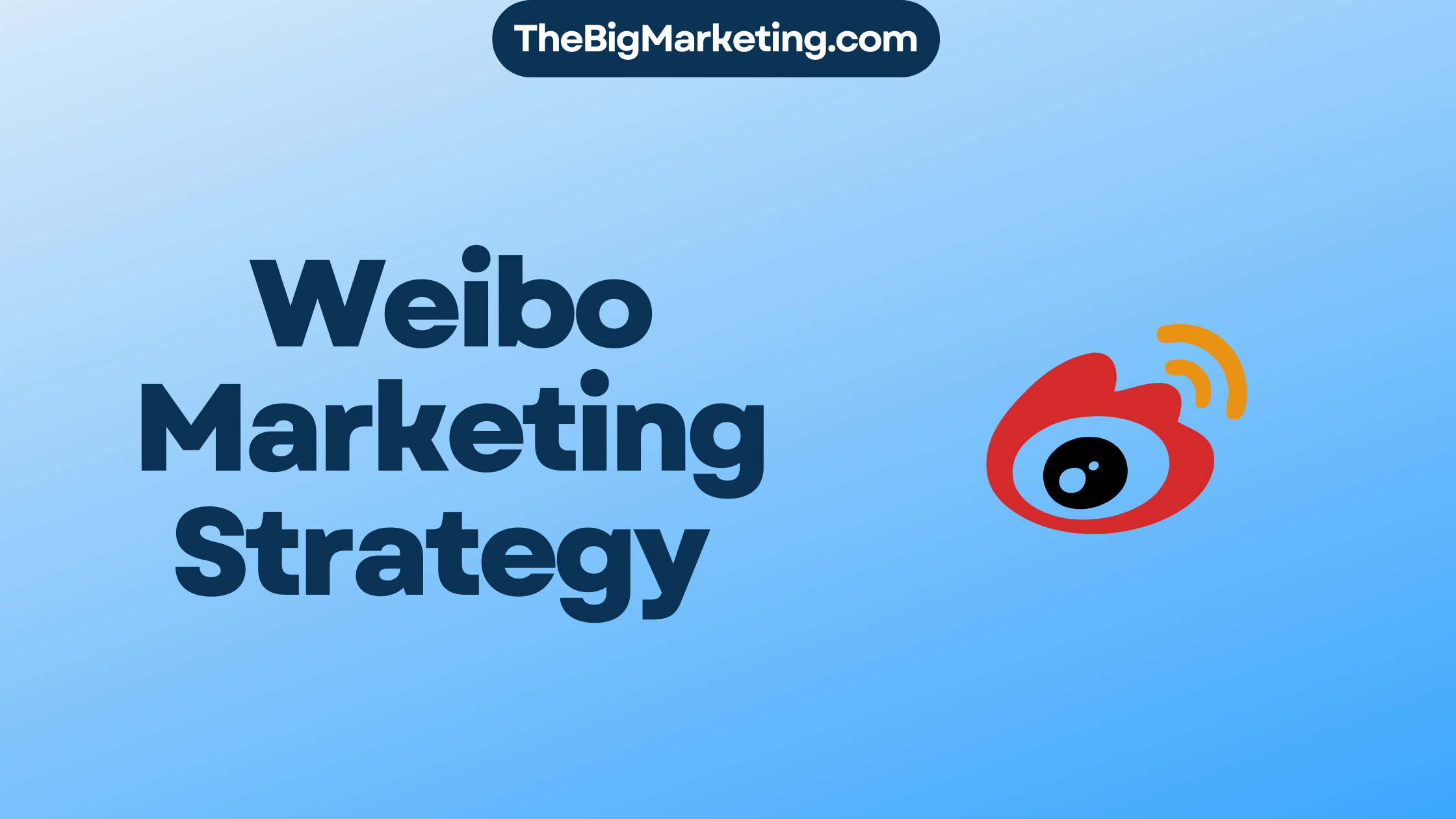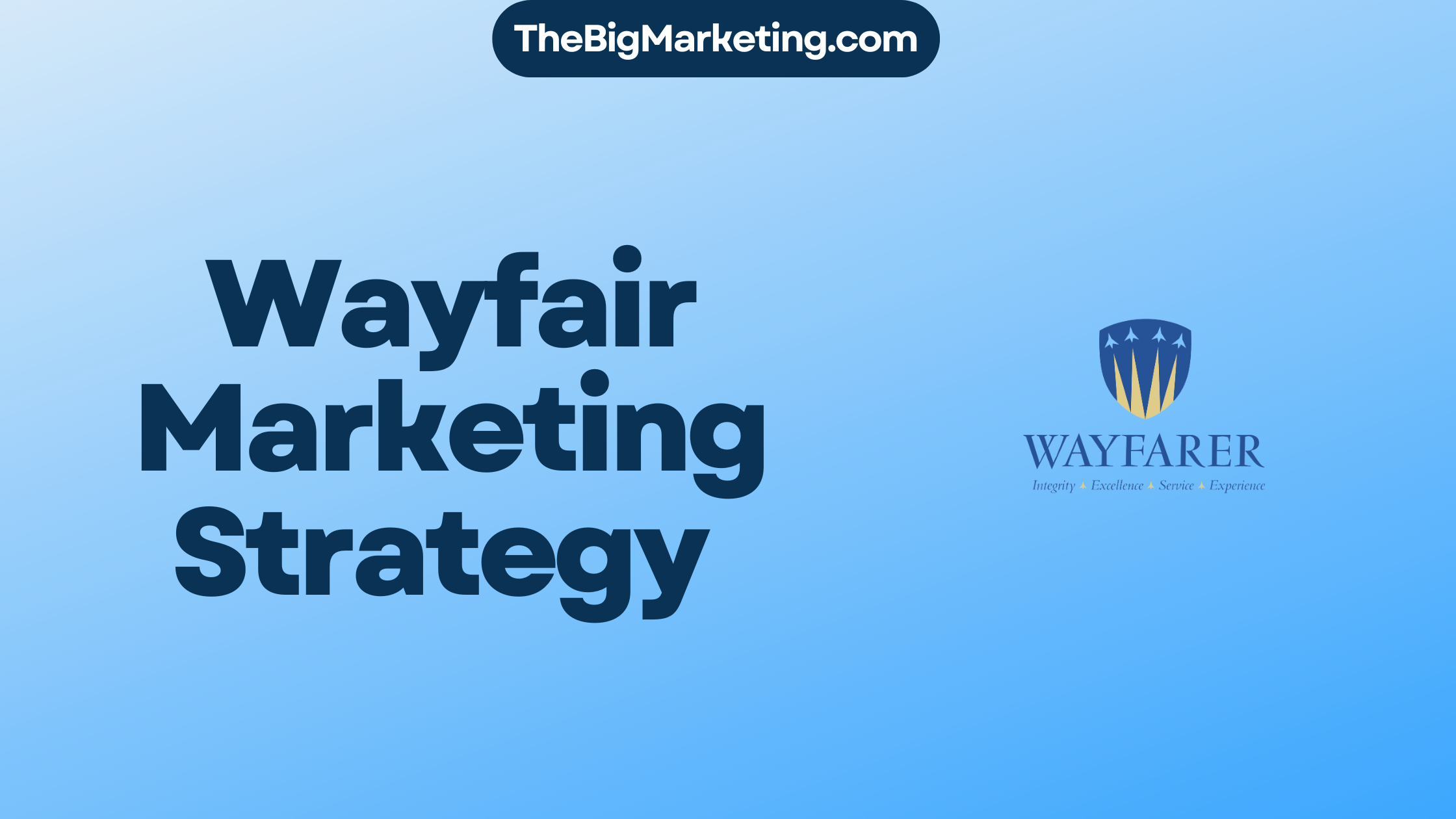Boeing, a global leader in aerospace manufacturing, has implemented a comprehensive marketing strategy to establish its brand, promote its products and services, and maintain its competitive edge in the industry. In this article, we will explore Boeing’s marketing strategy, delving into its key components and the tactics the company employs to effectively market its offerings.
Key Takeaways:
- Boeing has a robust marketing strategy to differentiate its products and maintain a competitive advantage.
- The company focuses on building strong customer relationships through comprehensive support services and communication.
- Boeing showcases thought leadership and innovation to establish its brand reputation in the aerospace industry.
- The company actively participates in trade shows and exhibitions to engage with potential customers.
- Boeing utilizes digital marketing channels to reach a wider audience and personalize its messaging.
Product Differentiation
One of the key components of Boeing’s marketing strategy is product differentiation. Boeing strategically emphasizes the unique features, capabilities, and performance of its products to set them apart from competitors. By showcasing the benefits and advantages of its offerings, Boeing positions itself as the preferred choice for airlines, defense organizations, and space agencies.
Boeing’s commitment to innovation enables the company to develop cutting-edge solutions that address customer needs and surpass industry standards. By incorporating advanced technologies and pioneering engineering techniques, Boeing creates products that deliver exceptional performance, efficiency, and reliability.
For instance, Boeing’s commercial aircraft portfolio offers a range of models tailored to different market segments and customer requirements. From the fuel-efficient 737 MAX series to the iconic 747 jumbo jet, Boeing provides airlines with a diverse selection of aircraft that optimize operational costs, passenger comfort, and cargo capacity.
Boeing’s defense and space systems also stand out due to their advanced capabilities. The company’s military aircraft, such as the F/A-18 Super Hornet and the F-15EX, demonstrate unmatched combat performance and technological superiority. In the realm of space exploration, Boeing’s innovative spacecraft, like the CST-100 Starliner, redefine possibilities for human spaceflight missions.
In addition to superior performance, Boeing’s products offer unique value propositions, including reduced environmental impact, enhanced safety features, and optimized maintenance and operational costs.
To effectively communicate these differentiating factors, Boeing employs various marketing tactics. The company leverages persuasive messaging that highlights the advantages of its products, both online and offline. Through targeted advertising campaigns, Boeing reaches its key stakeholders and fosters brand awareness and preference.
Moreover, Boeing incorporates thought leadership content into its marketing strategy. By sharing industry insights, technological advancements, and case studies, Boeing positions itself as a leading authority in the aerospace industry. This approach strengthens the company’s credibility and supports its reputation as an innovator.
Boeing’s commitment to product differentiation is a cornerstone of its marketing strategy, enabling the company to maintain a competitive edge in the global aerospace market.
Building Customer Relationships
Building strong customer relationships is a critical component of Boeing’s marketing strategy. The company goes above and beyond to ensure customer satisfaction and loyalty by providing comprehensive support services, maintenance programs, and training solutions.
Boeing recognizes the importance of maintaining close communication with its customers. This involves seeking feedback, understanding their evolving needs, and tailoring marketing efforts to deliver solutions that meet specific requirements.
By adopting a customer-centric approach, Boeing strengthens its brand and establishes long-term partnerships, enabling the company to stay ahead of the competition in the aerospace industry.
Thought Leadership and Innovation
As part of Boeing’s marketing strategy, the company places a strong emphasis on thought leadership and innovation to showcase its expertise and technological advancements. Through continuous investment in research and development, Boeing strives to enhance its products and explore new frontiers in the aerospace industry. This commitment to innovation allows Boeing to stay ahead of the competition and maintain its position as a global leader.
Boeing actively participates in industry events, conferences, and research collaborations to share knowledge and insights with industry professionals and stakeholders. By demonstrating thought leadership, Boeing solidifies its brand reputation and competitive position in the market.
Through its thought leadership initiatives, Boeing showcases its expertise and provides thought-provoking content that addresses industry challenges and trends. The company’s research reports, whitepapers, and articles offer valuable insights and position Boeing as a trusted resource.
Trade Shows and Exhibitions
Boeing actively participates in major aerospace trade shows and exhibitions worldwide. These events provide an opportunity for the company to showcase its latest products, engage with industry professionals, and generate leads. Boeing’s impressive displays and interactive exhibits create a memorable experience for attendees, reinforcing its brand presence and attracting potential customers.
Through its participation in trade shows and exhibitions, Boeing demonstrates its commitment to innovation and highlights its position as a leader in the aerospace industry. The company leverages these events to unveil new technologies, showcase advancements in aircraft design and performance, and connect with key stakeholders.
Trade shows and exhibitions serve as platforms for Boeing to engage in face-to-face interactions with customers, suppliers, and partners. These interactions provide valuable opportunities for networking and relationship-building. Boeing’s representatives can discuss the unique features, benefits, and competitive advantages of its products, as well as address any inquiries or concerns.
Moreover, Boeing’s presence at trade shows and exhibitions allows the company to gather market intelligence and stay updated on industry trends. It enables them to analyze competitors, identify emerging opportunities, and evaluate customer preferences and demands. This information is crucial for Boeing to refine its marketing strategies and make informed business decisions.
Overall, trade shows and exhibitions play a crucial role in Boeing’s marketing strategy by providing a platform for product showcasing, customer engagement, and market research. These events allow Boeing to position itself as an industry leader and attract potential customers while reinforcing its brand presence.
Digital Marketing
Boeing harnesses the power of digital marketing to effectively promote its products and engage with a wider audience. Through various online channels such as its website, social media platforms, email marketing, and online advertising, Boeing implements a comprehensive digital marketing strategy. This approach allows the company to target specific customer segments, personalize messages, and track the performance of marketing campaigns.
By leveraging digital marketing, Boeing can disseminate information, share updates, and effectively promote its products and services to a global audience. The company strategically utilizes its website as a central hub for showcasing its offerings and providing comprehensive information to customers and prospects.
Boeing makes use of social media platforms, including Facebook, Twitter, LinkedIn, and Instagram, to engage with its target audience, share industry insights, and highlight its technological advancements. These platforms enable Boeing to establish a strong brand presence and foster meaningful connections with its customers.
Email marketing is another vital component of Boeing’s digital marketing efforts. By leveraging email campaigns, the company maintains a direct line of communication with its customers, providing them with relevant updates, product information, and exclusive offers. This enables Boeing to nurture customer relationships and enhance brand loyalty.
In addition to these strategies, Boeing utilizes online advertising to reach a larger audience and generate leads. The company employs targeted advertising campaigns across various digital platforms, effectively reaching customers who are interested in aerospace products and services. This precise targeting helps Boeing maximize its marketing budget and achieve optimal results.
The Benefits of Boeing’s Digital Marketing Strategy
Boeing’s digital marketing approach offers several advantages. Firstly, it allows the company to gather valuable data and insights through analytics, enabling them to measure the effectiveness of their campaigns and make data-driven decisions. This data enables Boeing to optimize its marketing efforts and tailor its messaging to specific customer segments.
Furthermore, digital marketing empowers Boeing to build brand awareness, engage with its target audience, and create an impactful online presence. By utilizing various digital channels, Boeing increases its visibility amongst potential customers, enhancing its market reach and driving customer acquisition.
In summary, Boeing’s digital marketing strategy plays a crucial role in establishing the company’s brand presence, engaging with customers, and expanding its market reach. By leveraging the power of digital platforms, Boeing effectively promotes its products and services, ensures targeted messaging, and tracks the performance of its campaigns. This enables Boeing to stay competitive in the aerospace industry and continue to drive its marketing objectives forward.
Thought Leadership Content
Boeing understands the importance of establishing thought leadership in the aerospace industry. To showcase its expertise and influence, the company produces various thought leadership content, including research reports, white papers, and articles. By sharing valuable insights and industry trends, Boeing not only demonstrates its in-depth knowledge but also establishes itself as a trusted advisor and industry expert.
Thought leadership content serves as a powerful tool for engaging with Boeing’s target audience and building brand awareness. By providing valuable information and analysis, Boeing effectively attracts the attention of industry professionals, customers, and stakeholders. The thought leadership content enables Boeing to position itself as a go-to resource, reinforcing the perception of the company as a leader in the aerospace industry.
Boeing’s thought leadership initiatives encompass a wide range of topics, covering technological advancements, market trends, sustainability, and more. By addressing critical issues and offering innovative solutions, Boeing establishes credibility and influences the direction of the industry.
Through its thought leadership content, Boeing not only showcases its expertise but also contributes to the overall growth and development of the aerospace industry. By actively participating in conversations, sharing valuable knowledge, and shaping industry narratives, Boeing plays a vital role in driving innovation and progress.
Partnerships and Collaborations
Boeing understands the power of collaboration and actively seeks partnerships with industry leaders, research institutions, and governments to drive innovation and expand its market reach. By forging strategic alliances, Boeing can access new markets, share expertise, and embark on groundbreaking projects.
These partnerships enable Boeing to stay at the forefront of technological advancements and enhance its product offerings. Collaborating with other industry leaders allows Boeing to leverage collective knowledge and resources, fostering a culture of innovation.
In addition, partnering with research institutions and academic organizations provides Boeing with access to cutting-edge research, as well as fresh perspectives and insights. This collaboration not only fuels innovation but also offers opportunities for talent acquisition and development.
Furthermore, collaborations with governments help Boeing navigate complex regulatory landscapes and establish a strong presence in different regions. Working with governments also allows Boeing to influence policy decisions that affect the aerospace industry.
Through these partnerships and collaborations, Boeing solidifies its position as an industry leader and demonstrates its commitment to pioneering advancements in aerospace technology. By pooling resources and expertise, Boeing accelerates progress and delivers innovative solutions to its customers around the world.
Strategic Partnerships
| Collaboration | Partner | Objective |
|---|---|---|
| Joint Research and Development | University of Washington | Explore advanced materials for aircraft manufacturing |
| Supply Chain Collaboration | Honeywell | Optimize supply chain efficiency and ensure timely delivery |
| Technological Innovation | NASA | Develop next-generation aircraft propulsion systems |
| Market Expansion | Emirates Airlines | Joint marketing initiatives to expand Boeing’s presence in the Middle East |
Boeing Branding Strategy: Soaring Above the Competition
Boeing, a global leader in the aerospace industry, has implemented a robust branding strategy to establish itself as a trusted and innovative industry leader. By defining its purpose and values, Boeing aligns its activities with safety, sustainability, and technological advancements, reinforcing its commitment to excellence.
The company places strong emphasis on maintaining a consistent visual identity. With its distinctive logo and design elements, Boeing reinforces brand recognition and creates a lasting impression in the minds of customers and stakeholders.
Furthermore, Boeing prioritizes its corporate reputation by implementing responsible practices and engaging with the community. This commitment to ethical business conduct and community engagement helps build trust and reinforces Boeing’s position as a reputable and socially responsible organization.
In conclusion, Boeing’s branding strategy positions the company as a leader in the aerospace industry. Through a defined purpose, a strong visual identity, and a commitment to responsible practices, Boeing differentiates itself from competitors and establishes a brand that is trusted and admired. This branding strategy plays a crucial role in Boeing’s overall marketing objectives and contributes to the company’s continued success.
Boeing Advertising Strategy: Taking Flight with Strategic Messaging
Boeing understands the importance of an effective advertising strategy in conveying its offerings and value proposition to a diverse range of stakeholders. The company employs a robust approach to reach and engage its target audiences, utilizing a combination of digital and traditional advertising channels.
One of the key elements of Boeing’s advertising strategy is customization. The company tailors its messaging to resonate with different target audiences, taking into account their unique preferences, needs, and pain points. By incorporating emotional appeal into its advertisements, Boeing successfully connects with viewers on a deeper level, fostering brand loyalty and increasing engagement.
Boeing recognizes the power of digital advertising in expanding its reach and precisely targeting specific market segments. Through digital channels, such as social media platforms, email marketing, and online advertising, Boeing effectively engages with its audience, delivering relevant content and promotional messages. This targeted approach ensures that Boeing’s advertising efforts are maximized, reaching the right people at the right time.
In addition to digital advertising, Boeing also leverages traditional methods to enhance brand awareness and engagement. The company utilizes television, print, and outdoor advertising to reach a wider audience and reinforce its brand presence. These traditional advertising channels allow Boeing to capture the attention of potential customers who may not be actively engaged in digital media.
Strategic partnerships play an essential role in Boeing’s advertising strategy. By collaborating with other industry leaders and influencers, Boeing gains access to new markets and expands its reach. These partnerships provide opportunities for joint advertising campaigns and cross-promotion, further elevating Boeing’s brand presence and driving brand affinity among consumers.
Overall, Boeing’s advertising strategy encompasses a comprehensive blend of digital and traditional methods, allowing the company to effectively communicate its offerings and compelling value proposition to a diverse audience. Through the power of strategic messaging, Boeing creates impactful advertisements that elevate its brand, increase customer engagement, and drive business growth.
Conclusion
Boeing’s marketing strategy is a testament to its commitment to excellence and innovation in the aerospace industry. Through effective product differentiation, the company successfully showcases the unique features and benefits of its offerings, making it the preferred choice for airlines, defense organizations, and space agencies.
Furthermore, Boeing prioritizes building strong customer relationships by providing comprehensive support services and actively seeking feedback to understand and address evolving needs. This customer-centric approach ensures long-term satisfaction and loyalty.
In addition, Boeing’s thought leadership and innovation strategies position the company as an industry leader, continuously pushing the boundaries of technology and sharing valuable insights with the aerospace community. By actively participating in trade shows and exhibitions, leveraging digital marketing channels, producing thought leadership content, and forming strategic partnerships, Boeing maximizes its brand presence and market reach.
As a result of these effective marketing tactics, Boeing maintains its position as a global leader in aerospace manufacturing and upholds its reputation for quality, reliability, and cutting-edge solutions.
FAQ
What is Boeing’s approach to product differentiation in their marketing strategy?
Boeing focuses on highlighting the unique features, capabilities, and performance of its products to set them apart from competitors. By emphasizing the benefits and advantages of its products, Boeing positions itself as a preferred choice for airlines, defense organizations, and space agencies.
How does Boeing build strong customer relationships through its marketing strategy?
Boeing provides comprehensive support services, maintenance programs, and training solutions to ensure customer satisfaction and loyalty. The company also maintains close communication with its customers, seeking feedback and understanding their evolving needs. This customer-centric approach helps Boeing tailor its marketing efforts and deliver solutions that meet specific requirements.
How does Boeing showcase thought leadership and innovation in its marketing strategy?
Boeing invests heavily in research and development to continuously improve its products and explore new frontiers. The company actively participates in industry events, conferences, and research collaborations to share knowledge and demonstrate thought leadership, enhancing its brand reputation and competitive position.
How does Boeing utilize trade shows and exhibitions in its marketing strategy?
Boeing actively participates in major aerospace trade shows and exhibitions worldwide. These events provide an opportunity for the company to showcase its latest products, engage with industry professionals, and generate leads. Boeing’s impressive displays and interactive exhibits create a memorable experience for attendees, reinforcing its brand presence and attracting potential customers.
What role does digital marketing play in Boeing’s overall marketing strategy?
Boeing leverages digital marketing channels such as its website, social media platforms, email marketing, and online advertising to reach a broader audience and engage with customers. Digital marketing allows Boeing to target specific segments, personalize messaging, and track campaign performance. It enables the company to disseminate information, share updates, and promote its products and services effectively.
How does Boeing create thought leadership content as part of its marketing strategy?
Boeing produces thought leadership content, including research reports, white papers, and articles, to demonstrate its expertise and influence in the aerospace industry. By sharing valuable insights and industry trends, Boeing establishes credibility and positions itself as a trusted advisor. Thought leadership content helps the company engage with its target audience and build brand awareness.
How does Boeing leverage partnerships and collaborations in its marketing strategy?
Boeing forms strategic partnerships and collaborations with other industry leaders, research institutions, and governments to drive innovation and expand its market reach. These partnerships enable Boeing to access new markets, share expertise, and collaborate on groundbreaking projects. Collaborations strengthen Boeing’s reputation as an industry leader and contribute to its marketing success.
How does Boeing establish its branding strategy in the aerospace industry?
Boeing has developed a comprehensive branding strategy to establish itself as a trusted and innovative leader in the aerospace industry. The company defines its purpose and values, aligning its activities with safety, sustainability, and technological advancements. Boeing maintains a strong visual identity with its distinctive logo and design elements, reinforcing brand recognition. The company also prioritizes corporate reputation through responsible practices and community engagement.
How does Boeing use advertising in its marketing strategy?
Boeing implements a robust advertising strategy to communicate its offerings and value proposition to various stakeholders. The company customizes its messaging to different target audiences, incorporating emotional appeal to connect with viewers. Boeing leverages digital advertising channels to expand its reach and target specific segments. The company also utilizes traditional advertising methods and strategic partnerships to enhance brand awareness and engagement.
What are the key components of Boeing’s marketing strategy?
Boeing’s marketing strategy focuses on product differentiation, building strong customer relationships, thought leadership, and innovation. The company employs various tactics such as trade show participation, digital marketing, thought leadership content, and strategic partnerships to achieve its marketing objectives. By effectively highlighting the unique features of its products, nurturing long-term customer partnerships, and demonstrating industry leadership, Boeing maintains its position as a global leader in aerospace manufacturing.
